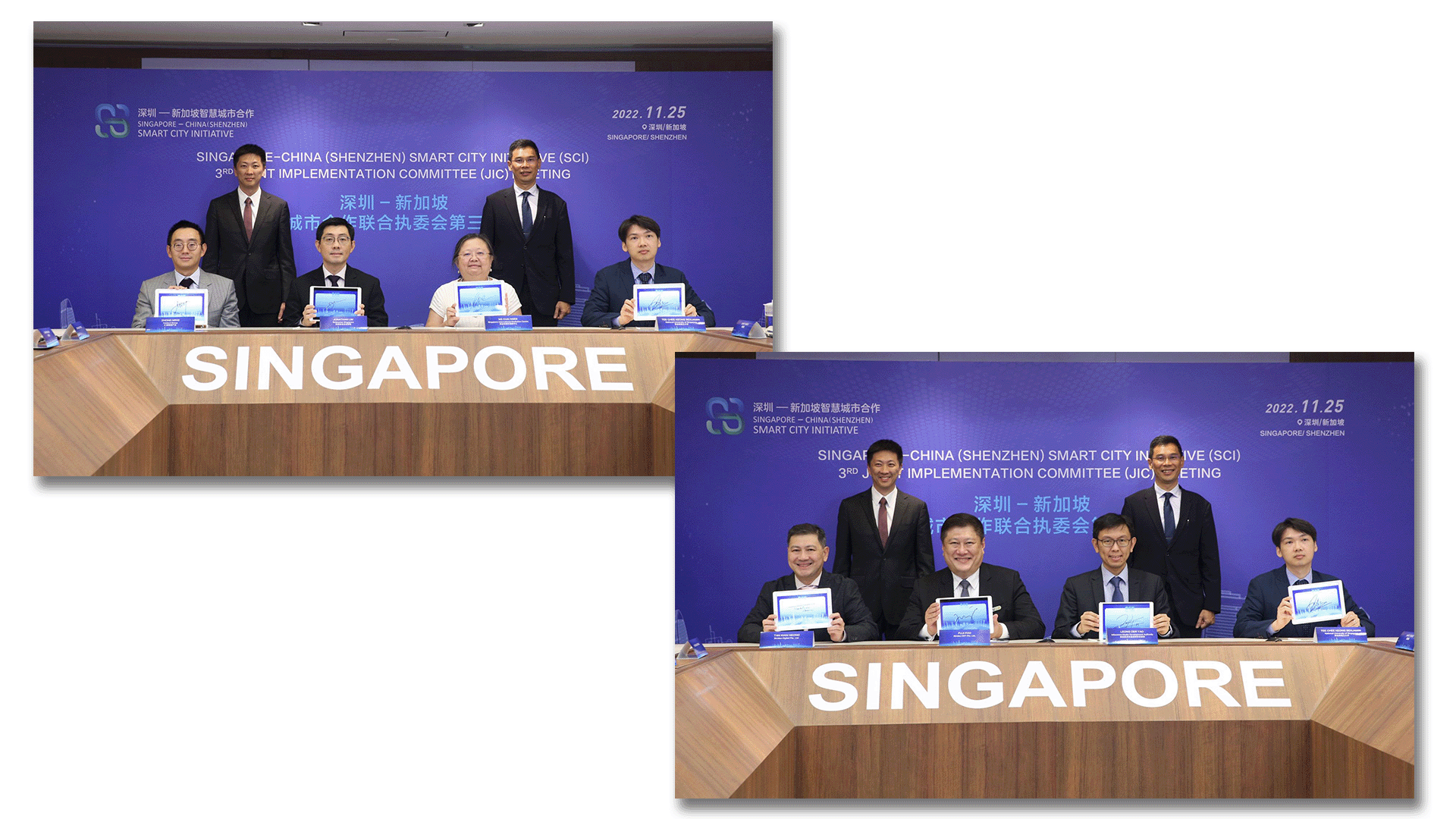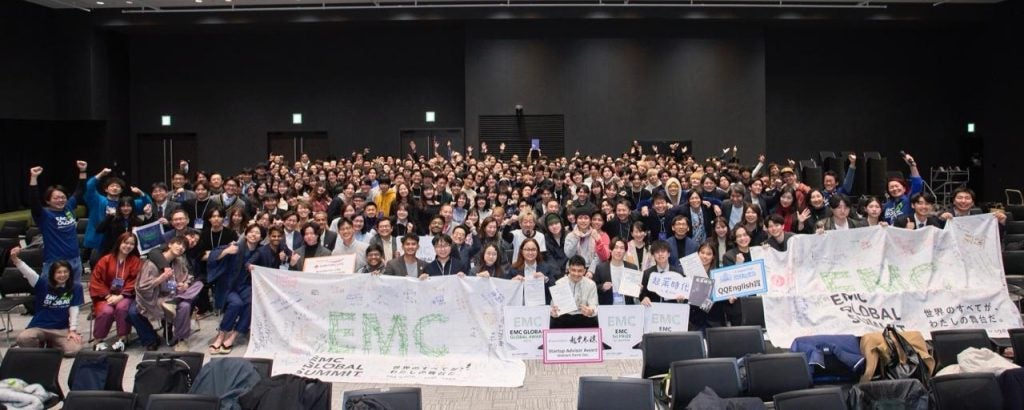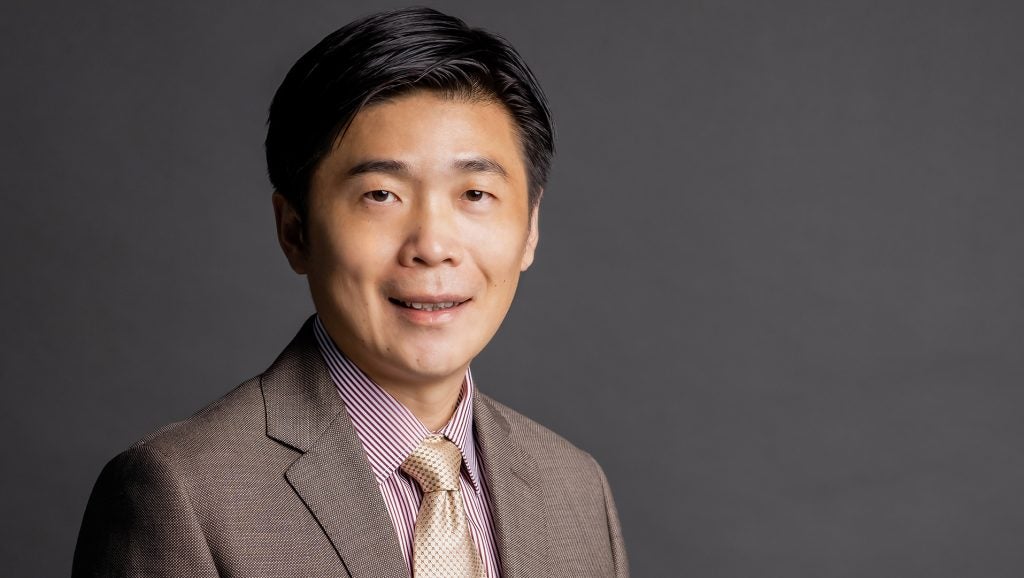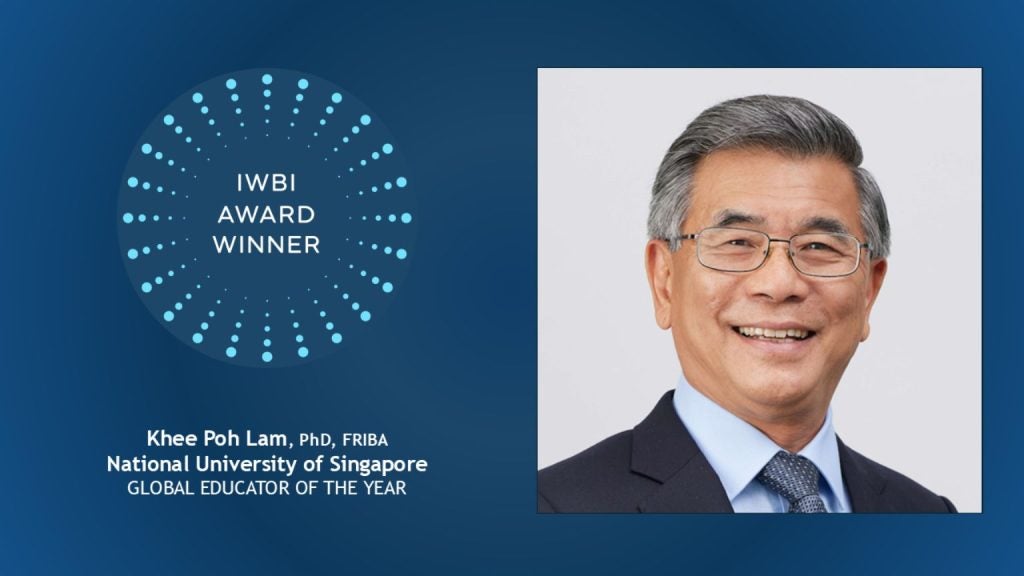
Memorandums of Understanding (MOU) covering two carbon emission projects led by researchers at the College of Design and Engineering, NUS (CDE) have been signed at a meeting of the Singapore-China (Shenzhen) Smart City Initiative.
The MOUs, signed at the meeting in Singapore on November 25, aim to explore and develop technologies for the capture and long-term storage of carbon dioxide (CO2) emissions.
Under one project, NUS and Shenzhen International Graduate School of Tsinghua University agreed to advance research in the field of hydrate-based carbon dioxide capture and storage (CCS) in the offshore marine environment.
The research will aim to incorporate AI methods and advanced neural network models to develop and validate state-of-the-art carbon dioxide CCS technology based on gas hydrates.
The NUS side of this research is led by Professor Praveen Linga from the Department of Chemical and Biomolecular Engineering at CDE.
"Advanced CCS technologies offer exciting potential for meeting urgent national and global decarbonisation goals," Prof Linga said, commenting on the MOU signing
He added: "Recent forecasts show that unless we meet these goals and slow the release of carbon emissions into the atmosphere, the world's climate faces severe consequences. Our joint research project between NUS and Tsinghua Shenzhen International Graduate School will develop and demonstrate the significant capacity of undersea CCS technology via gas hydrates to contribute towards achieving these vital goals."
Capturing CO2 from ships
A separate MOU, also signed at the meeting between NUS and CIMC Offshore Co. Ltd, aims to jointly develop a means of capturing carbon dioxide emissions from ships using membrane technology. The project will involve designing and manufacturing a modularised carbon dioxide CCS facility.
Assistant Professor Zhang Sui, also from the Department of Chemical and Biomolecular Engineering at CDE, who will lead the NUS side of the research said: "Around 80 per cent of global trade is carried by ocean-going ships burning fossil fuel. This currently accounts for more than three per cent of annual greenhouse gas emissions, according to the World Bank. So steps we can take to cut these emissions - without economically impacting trade - by capturing the CO2 at source, promise to have a significant impact on slowing the effects of climate change."
Asst Prof Zhang added: "Because of its low cost and compact size, membrane technology offers great potential for helping to achieve the shipping industry's stated goal of full decarbonisation by the middle of the century."
The two MOUs were among eight signed at the Joint Implementation Committee meeting of the Singapore-China (Shenzhen) Smart City Initiative (SCI), now in its third year of implementation.
The SCI aims to deepen collaboration between Singapore and Shenzhen in enabling digital transformation and policy innovation, creating opportunities for research and innovation, trade, sustainability, and talent development.





